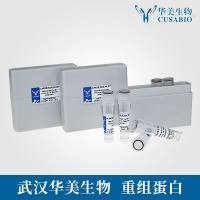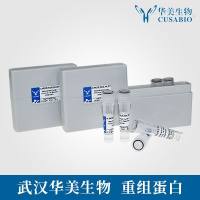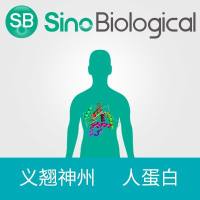In Vitro Models of Early Neoplastic Transformation of Human Mammary Epithelial Cells
互联网
互联网
相关产品推荐

BHRF1/BHRF1蛋白Recombinant Epstein-Barr virus Apoptosis regulator BHRF1 (BHRF1)重组蛋白Early antigen protein R蛋白
¥2328

Recombinant-Pig-FXYD-domain-containing-ion-transport-regulator-3FXYD3FXYD domain-containing ion transport regulator 3 Alternative name(s): Chloride conductance inducer protein Mat-8 Mammary tumor 8 kDa protein
¥9408

重组人 p38 delta / MAPK13 蛋白 (Activated in vitro, GST标签)
¥3220

IL-2重组蛋白|Recombinant Human IL2 Protein
¥1080

MKN45人低分化胃癌细胞|MKN45细胞(Human Poorly Differentiated Gastric Cancer Cells)
¥1500
相关问答

